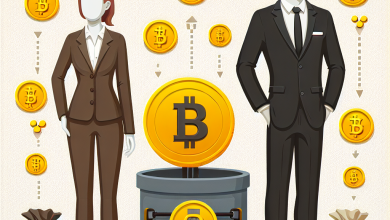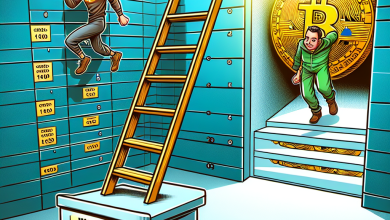Real estate prices: That’s how good the inflation protection of real estate is
When Deutsche Bank analyzes the situation on the real estate market again, it is certain to pay attention. In a new study, she has now dealt with the question of whether real estate is still suitable as a protection against inflation. A legitimate question: because while inflation has been skyrocketing recently, prices have fallen – albeit tentatively – for the first time in years. So has concrete gold had its day?
High inflation can also be negative for real estate, which as real assets should actually offer protection against rising prices. In order to combat high inflation, the central banks have to raise interest rates. The ECB will also announce the seventh increase in key interest rates in a row on Thursday.
The consequence: First, bonds are becoming more attractive again. The ten-year federal bond, for example, is now yielding almost 2.3 percent. Many investors now see bonds as a profitable alternative to real estate. Second, the rise in interest rates makes real estate financing more expensive. Fewer consumers can afford a house – and that puts pressure on prices.
In fact, the prices for houses and apartments have recently fallen slightly. According to the Federal Statistical Office, they became cheaper in the fourth quarter by 3.6 percent compared to the same quarter of the previous year. So the real estate boom of many years is over. “Despite this headwind, real estate remains attractive,” writes Jochen Möbert, an analyst at Deutsche Bank, in his current comment.
Are real estate prices going up?
Because: History shows that real estate increases in value even in inflationary times. In the evaluation, the bank surveyed how real estate prices in various countries have developed over the past 50 years. The result: “From 1970 to 2022, house price increases outpaced inflation in all 16 countries, and significantly so.”
Home ownership also became more expensive in phases when inflation was high. For example, in the 1970s, when inflation rose to 7.1 percent. In 14 out of 16 analyzed OECD countries, investors beat inflation with their “concrete gold”.
Despite the rise in interest rates and investment alternatives, the Deutsche Bank analyst assumes that real estate prices will only stagnate or fall in a few exceptional cases. At the same time, he predicts that prices in the overall economy, for example for goods and services, will continue to rise sharply. In other words, real estate prices will rise while purchasing power falls. Real estate is therefore still a protection against inflation.
In fact, there is some evidence that real estate prices will rise despite the current difficult situation. Because: There is simply not enough real estate to satisfy the high demand. And because new construction has practically come to a standstill – also due to increased interest rates and building material costs – there will not be enough new supply on the market.
When investors buy real estate to protect against inflation, they sometimes need staying power. In the phase between 1995 and 2012, for example, the housing market was under pressure. “So an investor had to wait 17 years before he was able to get the cost price back on the market,” wrote Möbert in his analysis in March.
Also read: The interest rate shock threatens to overwhelm owners





